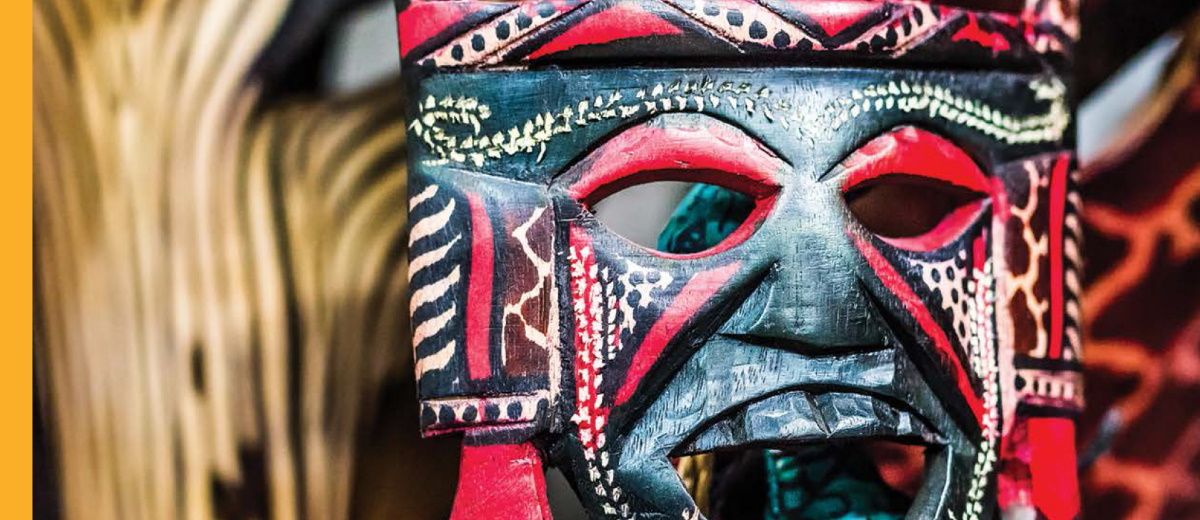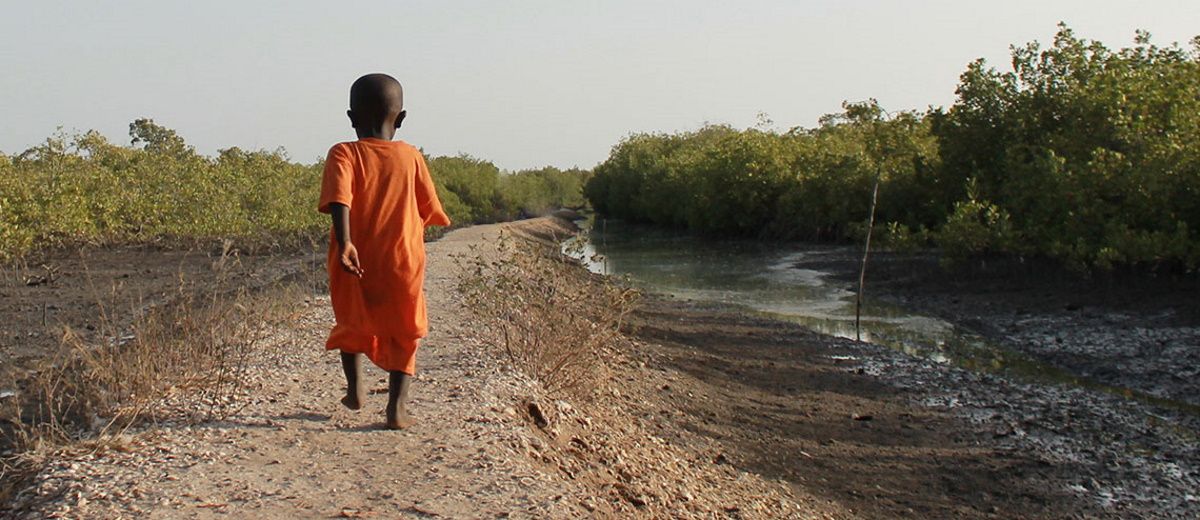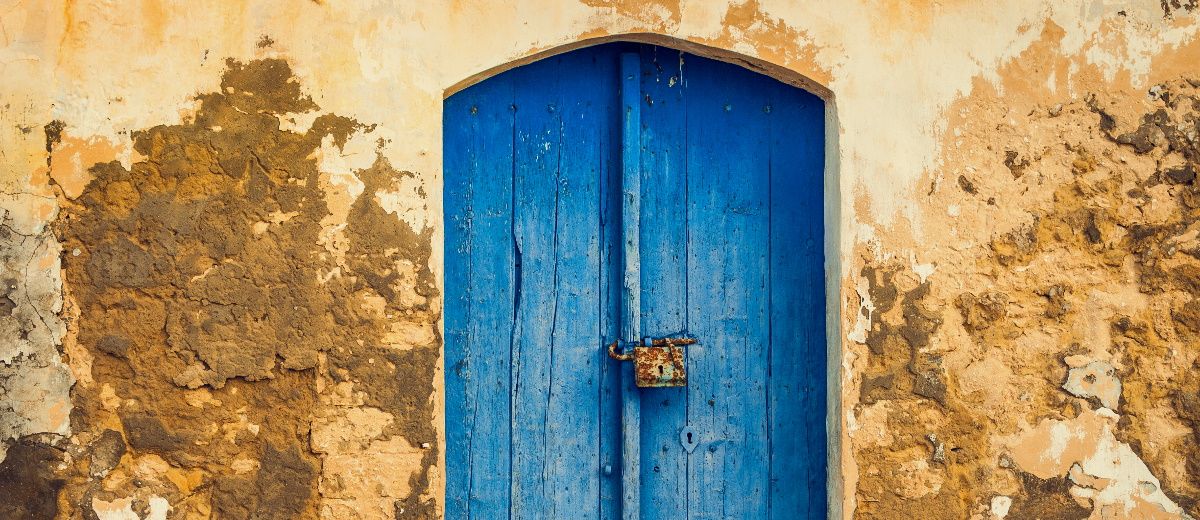Interview with Michael & Kristin Carter

Give us some background information on you and your family, and how God led you to the place where you will serve?
Michael received Christ when he was fourteen. Three years later he surrendered his heart to the Lord and committed himself to the missionary enterprise.
Kristen was saved at the age of four. She gave her life to God and answered His call to missions as a third grader.
Michael and Kristen were married in 2005. They spent a year in Mongolia while completing the fieldwork portion of their college program at BSWE. Their daughter, Maya, was born in Ulaanbaatar during the internship.
Upon graduation, Michael and Kristen sought the Lord for specific direction in missions. While studying, praying and researching, they found it impossible to ignore the overwhelming statistics concerning the 10/40 Window. God had developed a burden in them for unreached and unengaged peoples. He used such a lens to adjust their focus to the Muslims of North Africa. They intend to spend their lives planting churches inside Muslim countries.
How will you have to adjust to the culture?
We want to become as much Arab as possible, without becoming anything Muslim, if that makes sense. This means we will alter our dress, our food, our lifestyle, etc., but only in association with the culture—not the religion. There will be a lot of big changes in our lives; but necessary changes, if we hope to reach people where they are—in their culture.
What new challenges will you experience on the field that you haven’t experienced yet?
Prolonged exposure on the field. We have never been fulltime missionaries before. The longest we have ever spent on the foreign field at one time was one year. We will face new elements of culture shock. We will not have any team members around us. This is definitely a type of pioneer work. We will have the challenges of learning a new place/ culture; learning a new language; and communicating the Gospel to a people who are restricted from hearing it. Nearly everything we do will be a challenge.
What is the most influential religion in the area you are working, and what unique challenge does that present?
Islam. Islam presents more challenges than perhaps any other religion in the world. The biggest challenge Islam will present is concerning an Arab who converts from Islam to Christianity. He/she can be banished from their home, tortured, or killed for turning away from Islam; not to mention public persecution and ridicule, and the loss of employment and/or future employment. The consequences of becoming a Christian are great. There is also the possibility that we (our family) could be persecuted for our faith, or targeted by Islamic extremists. Working as a Christian missionary in that part of the world does not come without risk.
How will you go about evangelizing the people you are trying to reach?
We will do a lot of one-on-one witnessing. Our goal will be to build relationships with people, enabling us to tell them about Christ. In our region, it is illegal to proselytize, which means to convert or attempt to convert someone from one religion to another. This means that any evangelistic work we do needs to be somewhat secretive. We intend to place advertisements on the internet to market free Bibles or New Testaments. This will give us Muslim contacts to witness to who are curious or even seeking major change in their lives.
What methods will you use to train and disciple the new converts?
We will likely employ a variety of methods. However, we believe the most effective method is life-on-life discipleship. In other words, we need to spend time with our disciples. Jesus is our example of the life-on-life method. He was constantly teaching his disciples on the road…in the morning…at night…during a meal, etc. They walked with Him and talked with Him. What a rewarding investment.
We will also consider using technology to assist us in reaching out and training those new disciples. An online Bible correspondence course is an example of that. The key is to be spending time and investing ourselves into the lives of others.
What are some of the goals you have set for yourself and the ministry?
The first goal we have set for ourselves that will enable us to minister most effectively to the people is to learn their heart language of Arabic. Every day we will purposefully seek new individuals to witness to and to build relationships with. We obviously have the goal of seeing people come to know Christ. But we will take it a step further and begin to disciple those new believers. We will be planting churches by gathering together those new converts into Bible studies that will meet in private locations. Those Bible studies will be formed into small house churches when the timing is right. It is our goal to train men and women to go out and become effective Christian witnesses to their own people and beyond.
What advice would you offer a missionary preparing to serve in Africa?
Preparation is vital. Get a good missions education, and by that, I mean an education that will prepare you for the actual work of being a missionary. This goes beyond academic, but includes spiritual, mental and physical preparation. There may be times during the training when you want to buy a plane ticket and disappear into a jungle like Bruchko; but just stick with it. One day you will look back on your season of preparation and thank God for it.
How can your home church encourage you and other missionaries on the field?
Make an effort to reverse the cliché: “Out of sight, out of mind.” A sense of connectedness would go a long way. It would be a discouraging thing to come off the field for a furlough and realize that the home church, as a whole, was in the dark about a missionary’s ministry. One way to remedy this situation would be to have field visits from various church members. Then let those members give a report on the ministry when they return home. This would be encouraging for the church, the missionary, and the members that made the trip. There is nothing like a missions trip to enforce the connection between the church and the missionary!
Interrupt the service(s) or Sunday School class with a live Skype video feed from a missionary on the field. Time differences can be tricky, but I know I would be willing to stay up until any hour to spend a few minutes with my church!
How will you adjust to the culture?
As Michael said, we want to follow Arab culture as much as possible without acquiring any Islamic practices. Because of this I will wear clothing that the people consider modest. This means wearing longer sleeves, and keeping my arms, legs, and my neck mostly covered. The hijab, or head covering, is a show of adherence to Islam, so I will not be wearing one. The way I cook and prepare meals and also how I approach and talk to men will also be very different than here in America.
How will you involve yourself in the ministry with your husband?
Witnessing in the Muslim world is done different than in most other places. There seems to be two ways to reach Muslim women: through her husband, or by another woman. Michael will not be able to witness to or disciple Muslim women. That will be completely up to me. I am looking forward to building relationships with these women and sharing with them the one true God!
What will a typical day be like for you?
I will be involved with language learning, home-schooling Maya, cooking, and helping Michael out with projects. Also many things take much longer in a foreign country, so something like running a few errands takes up much more of your day.






